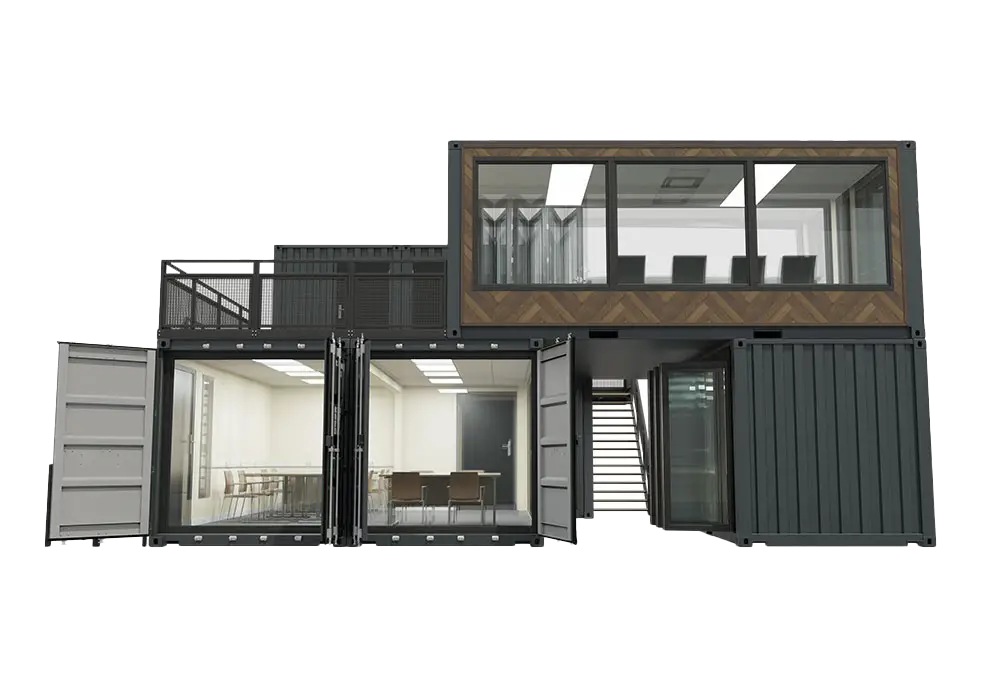Why did the Rocky Mount Town Council reject shipping containers as accessory buildings?
In a recent council vote, North Carolina’s Rocky Mount Town Council decided against permitting shipping containers to be used as accessory structures on residential properties. The decision aims to preserve neighbourhood aesthetics and ensure harmony with existing building standards.
Key Reasons Behind the Decision
- Visual Appeal & Neighbourhood Character: Councillors emphasised that shipping containers, while practical, may clash with the residential look and feel of established communities.
- Code Incompatibility: Such containers fall outside the current definitions of accessory dwellings or tiny homes. In Rocky Mount’s Land Development Code, only properly certified modular homes and traditional accessory dwellings meeting building code specifications are allowed.
- Regulatory Confusion: Officials flagged that without clear regulation, container structures could lead to uneven application and enforcement of zoning rules—a headache for planning consistency.
“Accessory dwellings must meet specific building code or modular construction standards, which shipping containers currently do not.”
— Rocky Mount Land Development Code clarifications
Want to Weigh In?
If you’re a resident or small developer, this ruling impacts how flexible or modern accessory building options can be. Want help comparing modular tiny homes, planning compliant structures, or navigating Rocky Mount’s codes? I’m happy to assist with ideas, design concepts, or permit advice.









